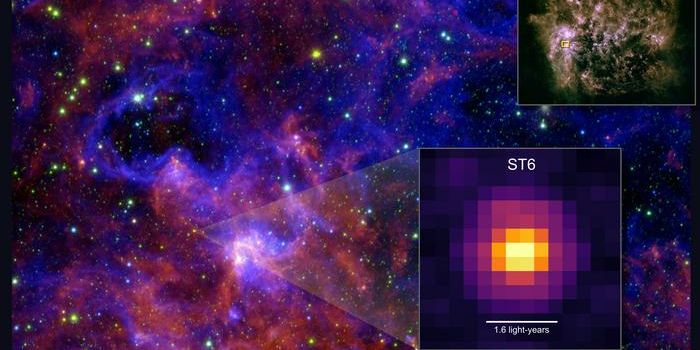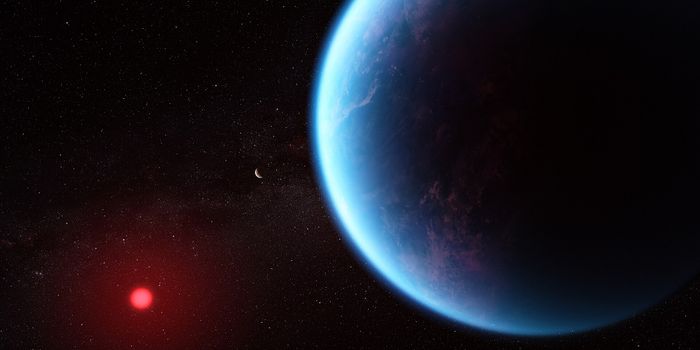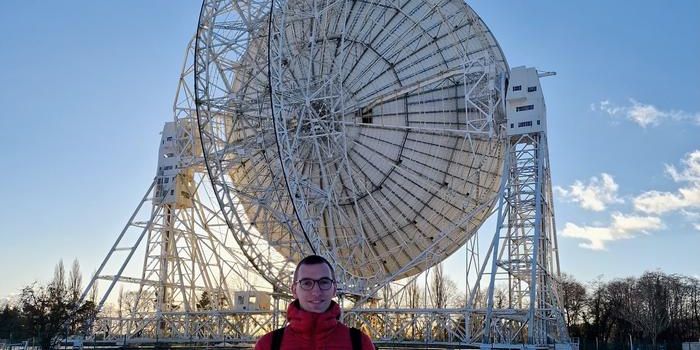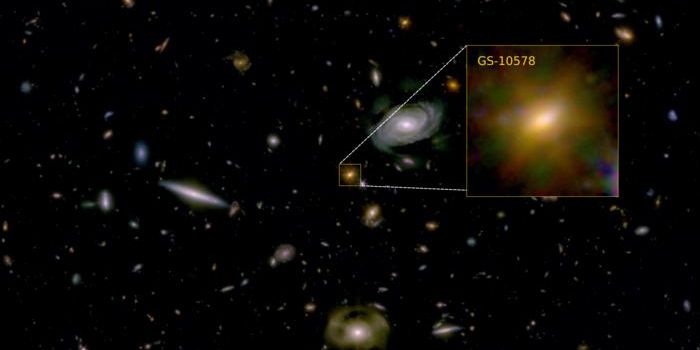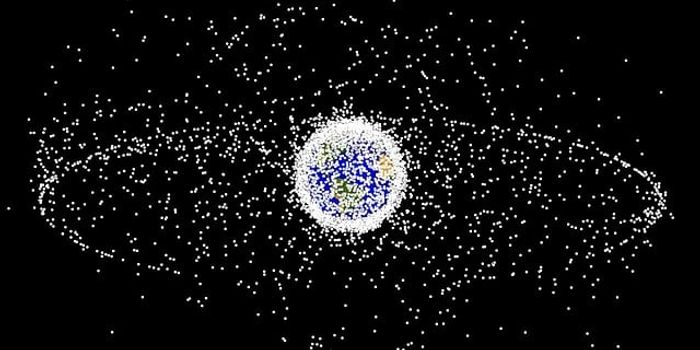Salt's Toll: A Global Review of Human-Induced Salinization
A recent study published in Nature Reviews Earth & Environment examines the human impact of salt on the environment, including water, soil, and air, from industrial activities such as land development, mining, and construction could result in the continued increase in the Earth’s natural salt cycle if measures aren’t taken to mitigate such activities. This study was led by researchers at the University of Maryland and holds the potential to help scientists and the public better understand the impacts of human activity on the climate and what steps could be taken to mitigate it.
“If you think of the planet as a living organism, when you accumulate so much salt it could affect the functioning of vital organs or ecosystems,” said Dr. Sujay Kaushal, who is a professor of geology at the University of Maryland and lead author of the study. “Removing salt from water is energy intensive and expensive, and the brine byproduct you end up with is saltier than ocean water and can’t be easily disposed of.”
For the study, the researchers analyzed how human activities have contributed to an increase in the distribution of salt ions throughout the Earth’s environment, which are slowly dispersed through natural processes, but the team discovered that while these ions pose little to no threat when slowly released through these natural processes, larger amounts of salt ions can pose devastating consequences for the environment, specifically in soil, water, and air. It can also contribute to enhanced snowmelt, which some communities, specifically in the western United States, depend on for their water supply. The increased use in road salts as deicing agents also contributes to increased salt ions in the environment, as well.
“There's the short-term risk of injury, which is serious and something we certainly need to think about, but there’s also the long-term risk of health issues associated with too much salt in our water,” said Dr. Kaushal. “It’s about finding the right balance."
The study calls for regulating salt levels like regulations for carbon dioxide to help mitigate climate change impacts, but Dr. Kaushal said this could be challenging due to salt not being a “primary drinking water contaminant in the U.S.”
What new discoveries will researchers make about salt impacting the environment in the coming years and decades? Only time will tell, and this is why we science!
As always, keep doing science & keep looking up!
Sources: Nature Reviews Earth & Environment, EurekAlert!, University of Maryland

